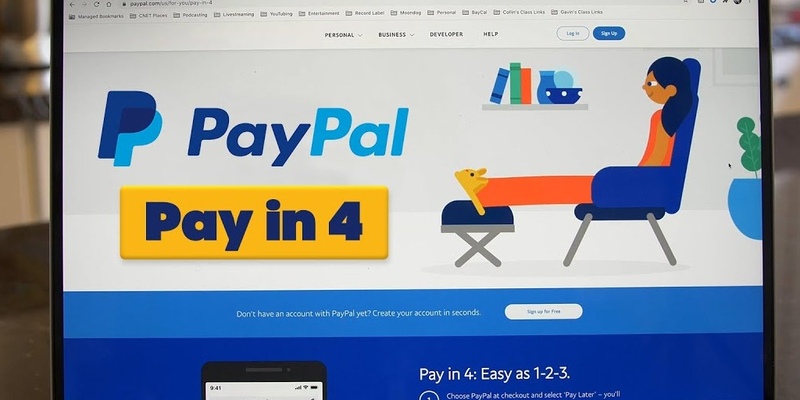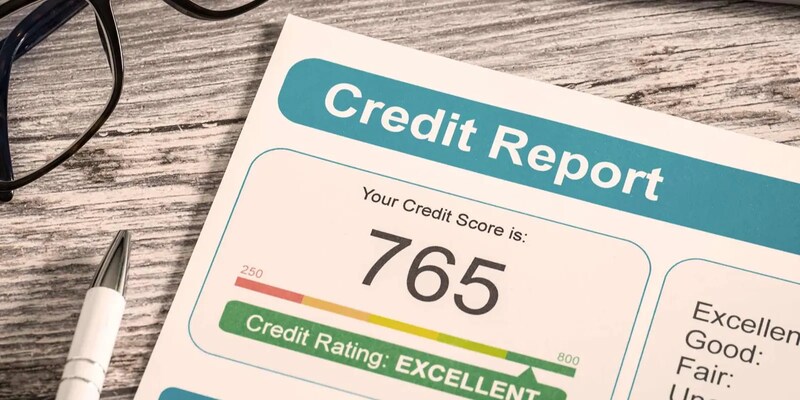Selling a home can be stressful, especially when it lingers on the market without offers. Understanding why a home doesn't sell helps you take steps to make it more appealing to buyers. Key factors include overpricing, poor condition, bad timing, lack of curb appeal, inadequate marketing, and the wrong real estate agent. Addressing these issues can boost your chances of selling.
Top Reasons Your Home Isn't Selling and How to Address Them
When you put your home on the market, you expect it to attract buyers and eventually sell. But sometimes, even with the best intentions, a home can sit unsold for months. If you're in this situation, you're probably wondering why your home is not selling. Lets explore some common reasons and what you can do to turn things around.
The Price is Too High
One of the most common reasons a home doesn't sell is that it's overpriced. Buyers have access to a wealth of information and can quickly identify homes priced above market value. It's crucial to set a realistic price based on a comparative market analysis. Consider reducing the price if your home has been on the market for a while without any serious offers. Overpricing can lead to your home being overlooked by potential buyers who might not even consider it worth visiting.
Poor Condition
Homes that require significant repairs or updates can deter buyers. Issues like an old roof, outdated fixtures, or visible damage can make a home less appealing. Investing in necessary repairs and cosmetic upgrades can significantly increase your home's attractiveness. Even small improvements like fresh paint or new light fixtures can make a big difference. Buyers often look for move-in-ready homes and might be discouraged by the prospect of having to make substantial repairs immediately.
Bad Timing

The time of year can affect how quickly your home sells. Traditionally, spring and summer are the best times to sell a home. If you list your home during a slower season, like winter, it may take longer to sell. While you can't control the calendar, being aware of seasonal trends can help you time your sales more effectively. Homes tend to sell faster and for higher prices during peak seasons due to higher buyer demand.
Lack of Curb Appeal
First impressions matter. If your home doesn't have good curb appeal, potential buyers might not even want to see the inside. Make sure your yard is well-maintained, your exterior is clean, and your entryway is inviting. Simple actions like mowing the lawn, planting flowers, and repainting the front door can enhance your home's exterior appeal. Enhancing curb appeal is one of the most effective ways to attract buyers and can make a significant impact on their decision-making process.
Poor Marketing
Inadequate marketing can also hinder the sale of your home. Ensure your real estate agent is using high-quality photos, virtual tours, and listing your home on multiple platforms. Good marketing highlights your home's best features and reaches a broad audience. Consider enhancing your online listing with a professional video tour or additional social media advertising. Effective marketing can make a significant difference in attracting potential buyers and generating interest in your property.
Unappealing Interior
An unstaged home can seem cluttered and small. Professional staging can help buyers visualize the space as their own. Decluttering, deep cleaning, and rearranging furniture can make a big difference. If you're still living in the home, try to keep personal items and excess furniture to a minimum to create a more inviting environment. Staging not only helps in making a great first impression but also showcases the potential of the property, making it easier for buyers to envision living there.
The Market Conditions
Sometimes, broader market conditions are the culprit. In a buyer's market, where there are more homes for sale than buyers, your home might struggle to stand out. Understanding the current market conditions and adjusting your expectations and strategies accordingly can help you navigate these challenges. Working with a knowledgeable real estate agent who understands the local market can provide valuable insights and help you develop a competitive strategy.
The Wrong Real Estate Agent

Your real estate agent plays a significant role in selling your home. If your agent lacks experience or isn't actively marketing your property, it might be time to find a new one. A good agent will communicate effectively, provide a comprehensive marketing plan, and give you honest feedback. Having the right agent can significantly impact how quickly and successfully your home sells.
Negative Feedback from Showings
Feedback from potential buyers is invaluable. If you receive consistent comments about a particular issue, take them seriously and address them. Whether it's a minor repair, a strange odor, or a cluttered room, addressing these concerns can make your home more attractive to buyers. Using feedback constructively can help you make necessary adjustments and improve your homes appeal.
Limited Accessibility
Making your home available for showings is essential. If potential buyers have limited windows to see your home, you might miss out on interested parties. Be flexible with showing times and ensure your home is always ready for potential buyers. The more accessible your home is, the more opportunities there will be for showings and offers.
Conclusion
Selling a home can be complex and sometimes frustrating. By understanding the common reasons why homes don't sell and taking proactive steps to address these issues, you can increase your chances of attracting buyers and closing the deal.
Whether you adjust your price, improve your home's condition, or enhance your marketing strategy, implementing these changes can help you sell your home successfully. These steps will not only make your property more appealing but also ensure a smoother and more successful selling experience.

All You Should Know About PayPal Pay in 4

Understanding Unauthorized Cards on Your Credit Report

A Comprehensive Guide for Capital Gains Tax Exclusion for Primary Residences

Different Ways Home Buyers' Agents Earn Their Money

Explaining the Mechanics: Insights into Working and Premium Determinants

Understanding FICA Tax: A Comprehensive Guide

Unveiling the Essentials of Comprehensive Car Insurance

When to Expect Your Tax Refund

What Is Expected Value (EV)?

How to Pay Your Property Tax Bill

Summer Camp Rules And Regulations
